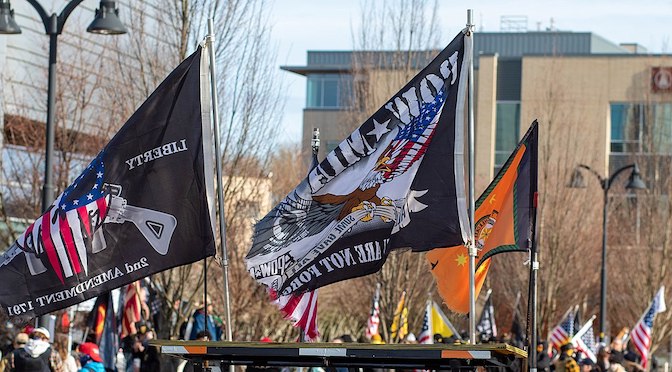Elizabeth Goitein and Joseph Nunn argue that the Insurrection Act is one of the most powerful and wide-ranging authorities available to the President of the United States. The Act authorizes the president to deploy US armed forces and the militia to suppress insurrections, quell civil unrest and domestic violence, and otherwise enforce the law in… Continue reading An Army Turned Inward: Reforming the Insurrection Act to Guard Against Abuse
Category: Vol. 13 No. 2
US Commercial Space Regulation: The Rule of Three
John Goehring argues the US regulatory environment for commercial space programs should promote industry growth, comply with international obligations, and preserve national security. Goehring dubs these commercial space regulation efforts as the “rule of three.” After providing a brief background on existing regulatory regimes for commercial space operations, he describes the components of the rule… Continue reading US Commercial Space Regulation: The Rule of Three
Managing the Terrorism Threat with Drones
The contours of America’s counterterrorism strategy against al Qaeda and the Islamic State have remained remarkably consistent over the past two decades, broadly focused on degrading al Qaeda’s and the Islamic State’s external attack capabilities and global networks, disrupting their operations through military operations or enhanced law enforcement and border security, and denying them sanctuaries.… Continue reading Managing the Terrorism Threat with Drones



